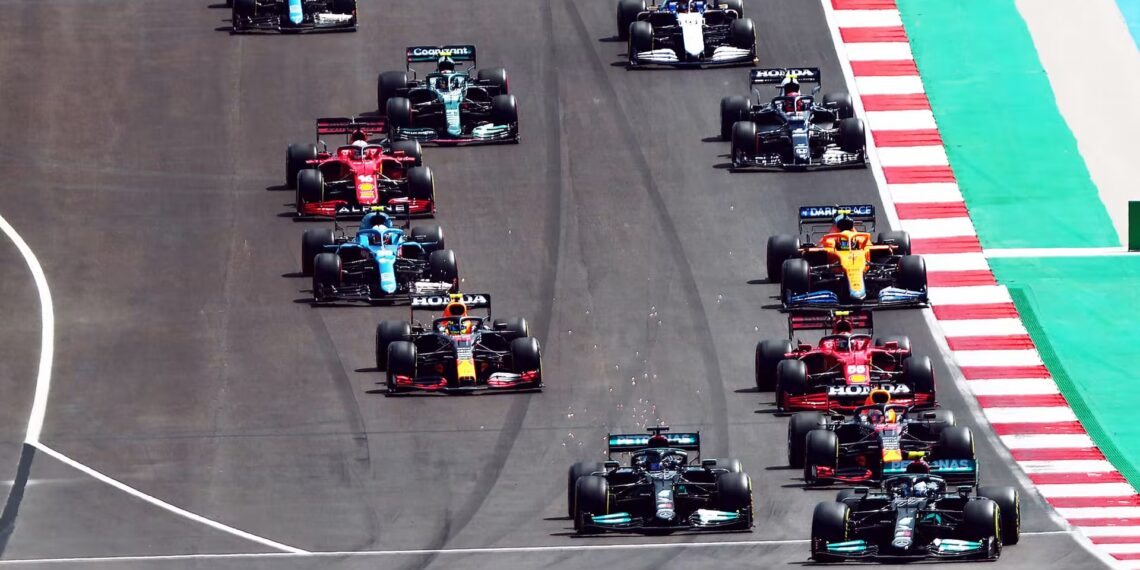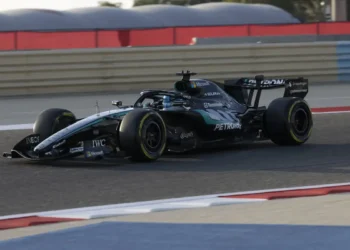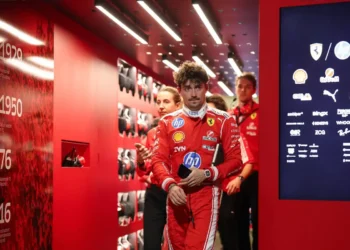Revving Up for a Comeback: Portugal, Germany, and Turkey Eye Formula 1’s Glorious Return
In an electrifying announcement that has motorsport fans buzzing, Formula 1 CEO Stefano Domenicali has confirmed burgeoning interest from Portugal, Germany, and Turkey to rejoin the F1 calendar. This news comes as the global appetite for high-octane racing surges, thanks in no small part to the so-called ‘Netflix effect’ that has propelled the sport into the limelight.
Among the ambitious contenders, Portugal’s Prime Minister Luis Montenegro has boldly stated at a political rally, “We have everything ready to formalise the return of Formula 1 to the Algarve in 2027.” Yet, one must approach such proclamations with a healthy dose of skepticism. While both Portugal and Turkey have hosted races during the pandemic era, these were not traditional events, raising questions about their viability as regular hosts.
Germany’s Hockenheim circuit is also in the mix, looking to reclaim its spot in the F1 universe. With the addition of a new race in Spain set for next year at a state-of-the-art facility near Madrid, the landscape of Formula 1 is shifting rapidly. However, as Domenicali pointed out, the Concorde Agreement limits the number of races to a maximum of 24, creating fierce competition for any new slots.
Domenicali emphasized, “We’ve signed important contracts with many promoters,” laying the groundwork for long-term commitments that allow for strategic investments. As the calendar evolves, Zandvoort is set to host its last grand prix in 2026, and discussions are already underway for potential replacements. The CEO highlighted that both Barcelona and Hockenheim have expressed interest, but he warned that prospective hosts must possess strong financial backing.
Moreover, the sustainability agenda is a pressing concern, with F1 pushing towards carbon-neutral standards by 2030. Domenicali stated, “Events that host 450–500 thousand people will face challenges in energy, general management, and everything around them.” Promoters must align with these sustainability goals or risk being sidelined in the competitive race for F1 slots.
The backdrop of F1’s history reveals a complex relationship between race promoters and financial viability. The sport’s evolution over the decades has seen a shift from independent promoters to a landscape where government funding plays a crucial role in hosting grand prix events. Domenicali noted, “It’s very difficult… about 90% of promoters receive contributions from their government or related entities. Without that support, it’s very difficult.”
As excitement builds for the potential return of these nations, the path ahead is fraught with challenges. Hockenheim, with its aging infrastructure, is in desperate need of investment to meet the standards expected by fans and F1 alike. The thrilling memories of its last race in 2019 are overshadowed by the urgent need for upgrades and support.
As the motorsport world eagerly awaits further developments, one thing is clear: the race for F1’s future is just heating up. With nations vying for a spot on the calendar and the stakes higher than ever, the coming years promise to be a thrilling chapter in the history of Formula 1. Buckle up; it’s going to be an exhilarating ride!










